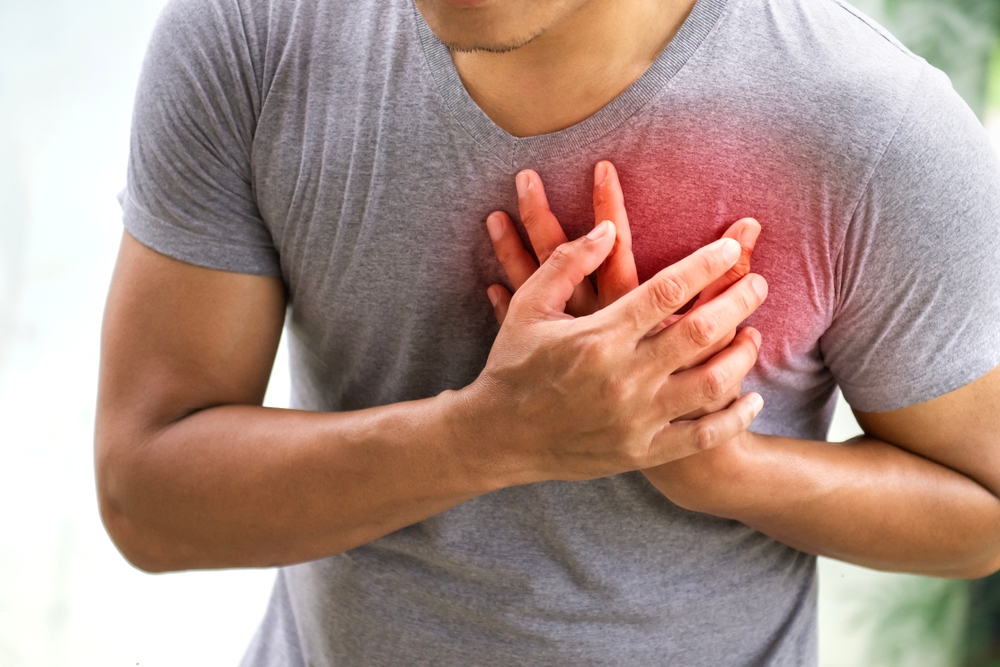
The weather is getting colder and colder. Cold stimulation often causes blood vessels to contract and heartbeat to accelerate, making heart diseases such as myocardial infarction and heart failure more likely to occur.
Special reminder: In addition to keeping warm and adjusting drugs to keep blood pressure stable, we must pay attention to the [alarm] symptoms of the following heart diseases.
Chest pain
Chest pain is the most common symptom of myocardial infarction, and the most typical feeling is pain like a stone pressing on the chest. In addition, pain may also occur in the left shoulder, lower jaw, or stomach.
Myocardial infarction is a disease that can kill people at any time! In case of chest pain, please go to the hospital in time and let the doctor judge whether it is myocardial infarction.
If you go to the hospital because of stomachache and shoulder pain, the doctor suggests to check the electrocardiogram and must cooperate.
Palpitations
Palpitation is a common symptom of arrhythmia. Some people will feel that the heart has missed a beat, while others will suddenly feel a series of rapid and irregular heartbeats.
If you feel palpitations by chance, there is generally no big problem, which is mostly related to tiredness and mental state. However, if palpitations occur frequently, it may be the manifestation of diseases, such as some arrhythmia, hyperthyroidism, etc.
When there is no hunger, tiredness and other conditions, palpitations and dizziness occur at the same time, which is likely to be a more dangerous ventricular arrhythmia. Don’t belittle it and go to the hospital immediately.
Syncope
Syncope is a sudden, temporary loss of consciousness that can be recovered by itself. The occurrence of this condition means that there is a temporary abnormality in cerebral blood supply.
In patients with hypertension, this situation is likely to be a transient ischemic attack, which means that the risk of stroke increases. Preventive measures must be actively taken to reduce the risk of stroke as much as possible.
Fatigue
Hypertensive patients, if they often feel tired and tired for no reason, may mean that the heart function is abnormal, and it is recommended to have a comprehensive heart examination as soon as possible.
Dyspnea
Whether it is heart disease or lung disease, it may cause asthma and dyspnea.
For patients with hypertension, more should be alert to asthma and dyspnea at night, especially when they wake up in their sleep. They must sit up to gasp normally, which is likely to be the manifestation of heart failure. Once it occurs, they should go to the hospital in time to check the heart function and adjust drugs to avoid deterioration of the disease.
How to protect the heart?
In addition to paying attention to the above-mentioned symptoms, it is more important to protect the heart at ordinary times.
-
Good control of blood pressure and blood sugar; In the meantime, it is necessary to
-
Refusal to smoke, also refuse to smoke secondhand smoke; In the meantime, it is necessary to
-
Develop a good habit of regular exercise; In the meantime, it is necessary to
-
Adopt a healthy diet; In the meantime, it is necessary to
-
Regular physical examination to understand their heart health.
